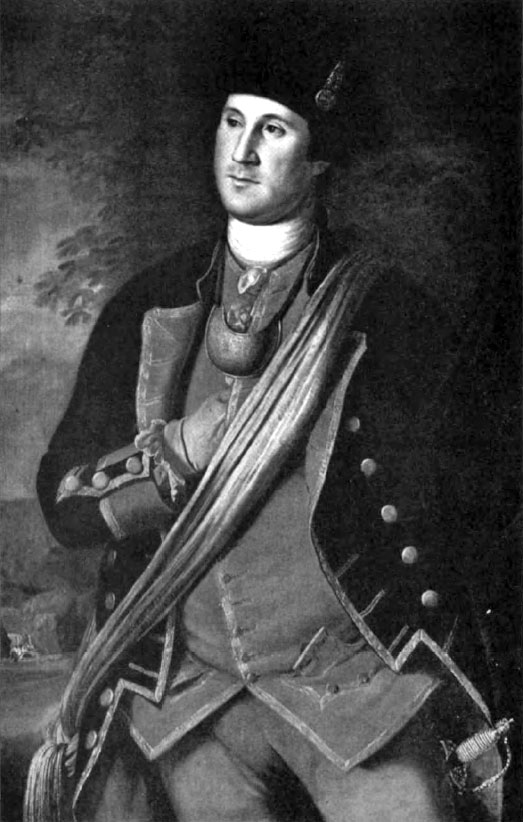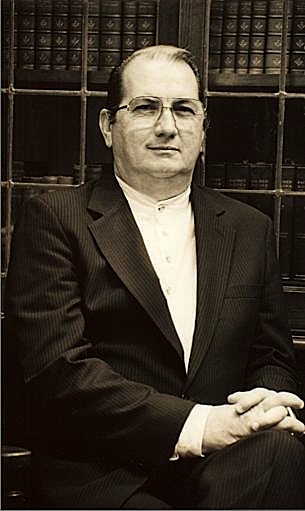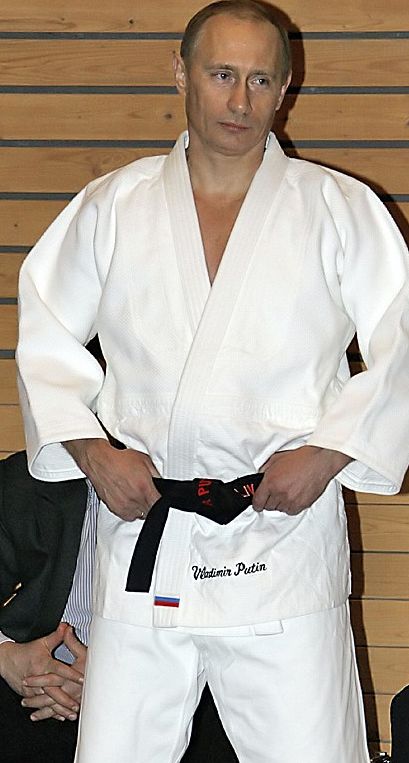“VI. The Arts.—Mechanics, Painting, Sculpture, Engraving, Music, Dancing, Eloquence, Poetry, Rhetoric, all the branches of Literature; the Trades.”
“VII. The Occult Sciences.—The study of the Oriental tongues, and others little known, the secret methods of writing, the art of decyphering; the art of raising the seals of the letters of others, and that of preserving their own from similar practices; Petcshaften zu erbrechen, and für das erbrechen zu bewahren. The study of ancient and modern hieroglyphics; and, once more, of secret societies, Masonic systems, &c. &c.”
p. 532
Should the reader feel his indignation roused by the art of raising the seals and violating the secrecy of letters, and at seeing an adept named in each district to preside over this strange science, let him not forget that I am but the translator and transcriber of the code of the Sect. 1
The two remaining Epopts, who in the synod are named to preside over any particular science, are made secretaries to the Dean, and serve him as coadjutors. These functions once distributed, the Epopts are to renounce all other business political or domestic, and every care but that of perfecting themselves in the branch of science which they are to superintend, and of secretly forwarding the brethren of the inferior degrees in the sciences to which they had devoted themselves.
The grand object of this institution is to inspire the pupils with the greatest confidence in the Order, from an idea that it will furnish them with all the means and lights necessary for the prosecution of the study they have adopted. The Insinuators have held out the promise to them, and the Order has engaged to fulfil it. This idea of a scientific society, and of which they have the honour of being members, is to encourage in them a docility and veneration for their chiefs naturally due to men whose precepts appear to be emanations of light and of the most transcendent wisdom. The artifice in some sort answers to the promise.
Every Novice, on being admitted into the Minerval schools, was to begin by declaring to what art or science he meant to devote himself, unless indeed his pocket was to be assessed for the tax which his genius could not pay. This declaration is transmitted from the inferior lodges to the Provincial, who forwards it to the Dean; by whom notice of it is given to the Epopt who presides over that particular branch of science; and he inscribes his name on the list of those pupils whose labours fall under his inspection. In future, and by the same conveyance, all the essays, discourses, treatises, &c. which the Sect requires of the young Minerval are transmitted to the same Epopt. The first advantage accruing to the Order from this law is the pointing out to the inspecting Epopt those whom the code calls the best heads of the Order.
Should any doubts arise in the minds of the pupils, any difficulties to vanquish, or any questions to propose; they have been taught that the Order is the fountain of science, that they have but to apply to their superiors, and light will instantaneously shine upon them. They are ignorant as to who these superiors may be; but that will not hinder their doubts and questions from reaching the presiding Epopt: and he has divers means of solving them, and of never being taken unawares.
In the first place the Epopt must have prepared himself for certain questions, which he either has or ought to have foreseen. Many of them will have been already solved by his predecessors, by his brother Epopts of other districts or even nations. The Order is exceedingly careful in collecting all these answers, and putting them into such hands as may employ them according to the views of the Sect. Each Epopt is particularly enjoined to study those which relate to his branch; he is even to make an alphabetical
p. 533
entry of them on his tablets, that he may always have them at hand whenever he wishes to turn to them. If, notwithstanding all these precautions, the Epopt should find himself unprepared or unable to solve the difficulty proposed, he will apply to the Dean, who will send the required solution or have recourse to the Provincial. But, lest the Superiors should find their occupations too often interrupted by such applications, it is expressly enjoined to the Epopt not to have recourse to them but in cases of absolute necessity, and not to make the acquisitions of their Superiors an encouragement to their own negligence.—It may so happen, that the Provincial is not able to give the required solution; he will then propose it to all the Epopts of his province. If that does not succeed, application is made to the National Inspector, and from him it is referred to the Areopagites and General. On such occasions all the learned men of the Order are consulted. Before this last appeal, it is ordained in the statutes, that the Epopt may propose the questions to the prophane; but in so doing he is on no account to discover that the Sect has recourse to, or stood in need of their information, nor what use it makes of it. This is particularly enjoined to the presiding Epopt in the following terms:—”As often as your own knowledge and that of your pupils shall not suffice, you may ask the advice of learned strangers, and turn their knowledge to the advantage of our Order, but without letting them perceive it:” (ohne dass sie es bemerken.) This precaution is the more to be insisted on, as one of the grand objects of the Epopts must be, “to attain such perfection in science, that Illuminism shall never be beholden to the prophane; but that the latter, on the contrary, shall perpetually stand in need of the lights of the Order.” 2

Moe is the founder of GnosticWarrior.com. He is a father, husband, author, martial arts black belt, and an expert in Gnosticism, the occult, and esotericism.





